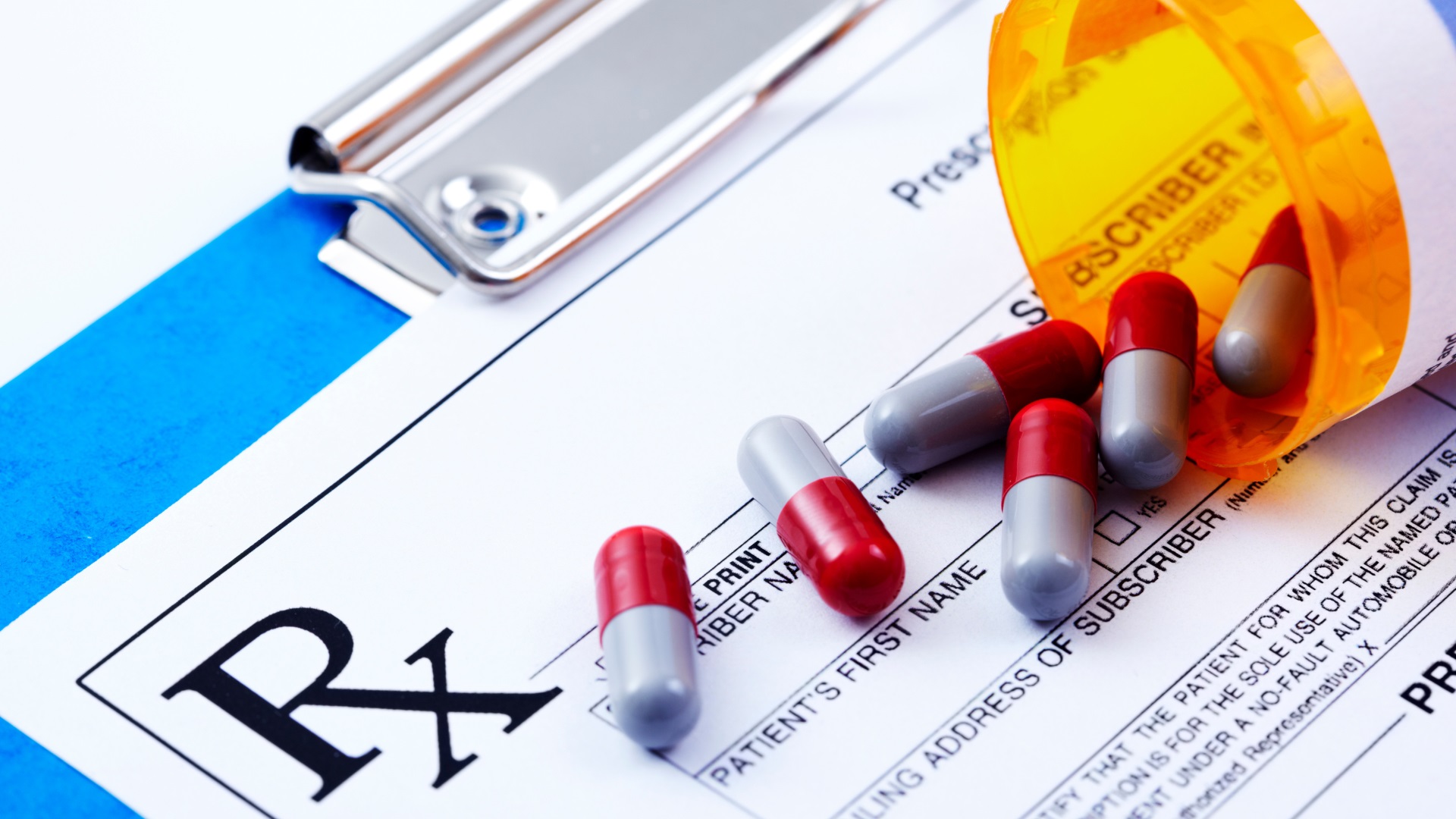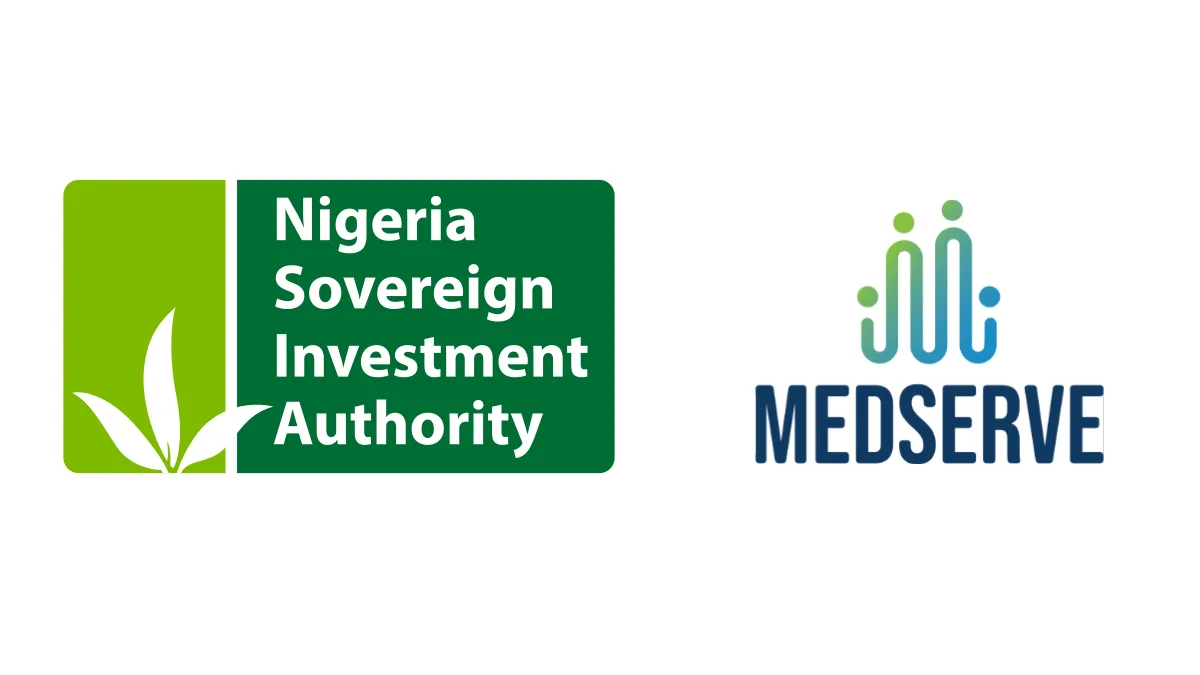Health
Apprehension as Prices of Medication Drugs in Nigeria Surge by Over 1,000%

By Adedapo Adesanya
A new report from SB Morgen Intelligence has shown that prices of drugs have skyrocketed by as much as 1,000 per cent in the last four years, raising worries about Nigerians being able to treat themselves using orthodox methods.
In the report Paying the Price on Health, the firm analysed the impacts of the Nigerian economy and foreign exchange crisis on the prices of essential medicines in the country.
It was found that between 2019 and 2023, there were massive surges across four broad categories of Antimalarial, Antibiotics, Painkillers and Common Cold medicines.
The report indicates that antibiotics recorded the highest price increases, with 500mg Ampiclox capsules recording the highest jump. The cost price is said to increase by 1,390 per cent and the selling price increasing by 1,100 per cent between 2019 and 2023.
Antimalarial drugs saw the slowest price increase in the period under review, while only one (Novalgin) in the painkiller category has maintained its 2022 price in 2023, following a 25 per cent increase in price in 2022.
SBM noted that 19 per cent of respondents who participated in a 2023 survey reported spending a significant amount of their income on healthcare and 67 per cent of respondents who reported making lifestyle changes due to a high cost of living, listed cutting back on healthcare bills.
According to the method, five brands of medicine were considered in all the categories except the antibiotics where 10 brands were evaluated.
Of all the brands under the painkillers category, Emzor is the only local manufacturer with their Paracetamol accounting for the highest rate of cost and selling price increase, growing by over 450 per cent and 250 per cent, respectively, since 2019.
“This may be due to the strong brand presence that Paracetamol has built as a painkiller amongst the populace, thereby giving the manufacturer room to transfer rising production costs to the end user,” the report noted.
Like the other categories, the cost price of medicines under the painkiller category grew faster than the selling price, except Brustan-N, produced by Sun Ranbaxy, an Indian manufacturer, as the selling price grew faster than the cost price in 2023.
Medicines under the common cold category recorded the second-highest rate of increase since 2019. The report showed that on a year-on-year basis, the cost price of Procold and Mixagrip recorded the highest increase; rising by 90 per cent, while Fluj recorded the slowest rate of increase at 17.65 per cent.
Across all drug categories, the highest jump in the cost and selling prices was recorded in the antibiotics section, which was attributed to the continued demand for antibiotics.
Between 2022 and 2023, Amoxil recorded the fastest rate of increase, jumping by over 400 percentage points. This was followed by Ampiclox, which saw an increase of 240 percentage points.
Of all the categories considered, the antimalarial category accounted for the lowest rate of increase. According to the report, between 2019 and 2023, Lonart recorded the highest cost and selling price increase – up by 110 per cent and 92.3 per cent, respectively.
Unlike the Common Cold category, the rate of increase of the cost price was faster than the selling price – translating to reduced profit margins for medicine retailers.
According to the report, the rising cost of drugs in Nigeria has far-reaching consequences that extend beyond the borders of the country.
“It threatens to exacerbate global health challenges by reducing access to essential medicines, increasing the spread of diseases, and undermining international health security,” it noted.
“The high cost of drugs in Nigeria is forcing patients to skip doses or forgo treatment altogether based on anecdotal observations.
“This can lead to the development of drug resistance, making it more difficult to treat infections. It can also worsen chronic conditions, leading to increased morbidity and mortality.”
The report further explained that when patients are unable to afford essential medicines, they may resort to self-treatment or seek treatment from unlicensed practitioners, which can lead to the inappropriate use of antibiotics, and contribute to the development of drug resistance.
It added that it can also increase the spread of infectious diseases as untreated patients continue to shed pathogens
The SBM report also observed that the increased costs of medicine are also a signal that foreign inflows may slow down in the pharmaceutical business as profit margins reduce.
The report quoted Boladele Silva, a pharmaceutical professor at the University of Lagos (UNILAG), who explained that Nigeria’s pharmaceutical industry is highly exposed to shocks from foreign exchange volatility.
“In Nigeria, what we have are packaging hubs. The active pharmaceutical ingredients and most excipients used by the manufacturers are imported. That makes them very vulnerable to economic shocks,” he told SBM, explaining the hike in the prices of medicines.
Health
Polaris Bank Sponsors Free Breast, Prostate Cancer Screenings

By Modupe Gbadeyanka
To commemorate World Cancer Day observed on Wednesday, February 4, 2026, Polaris Bank Limited is bankrolling free screenings for breast and prostate cancers across the country.
The financial institution partnered with a non-governmental organization (NGO) known as Care Organization and Public Enlightenment (COPE) for this initiative.
At least 100 women would be screened during the exercise, scheduled for Saturday, February 21, 2026, at the C.O.P.E Centre on 39B, Adeniyi Jones Avenue, Ikeja, Lagos, from 10:00 am to 2:00 pm.
The exercise will be conducted by trained health professionals and volunteers, ensuring participants receive both screening services and educational guidance on cancer prevention, self-examination, and follow-up care.
To participate in the free breast cancer screening programme, the applicants must be women, must be Polaris Bank account holders, and must have registered ahead of the day via bit.ly/BCS2026, with selection based on early and confirmed submissions.
Polaris Bank said the initiative was designed to promote awareness, screening, early detection, and preventive care, reinforcing its belief that access to health services is a critical foundation for individual and economic well-being.
The organization is already supporting an on-going free prostate cancer screening programme for 250 men aged 40 years and above across Nigeria.
The prostate cancer screening is being conducted at the Men’s Clinic, situated at 18, Commercial Avenue, Sabo, Yaba, Lagos, providing accessible, professional medical support for male participants seeking early detection and preventive care for prostate cancer.
Both initiatives (free breast and prostate cancer screenings) directly aligns with the United Nations Sustainable Development Goals, particularly SDG 3 (Good Health and Well-being) through improved access to preventive healthcare and early detection services, SDG 5 (Gender Equality) by prioritizing women’s health and empowerment, and SDG 17 (Partnerships for the Goals) through strategic collaboration with civil society organizations such as C.O.P.E to deliver community-centered impact.
Educational materials, community engagement sessions, and digital awareness campaigns will be deployed to reinforce key messages around early detection, lifestyle choices, and the importance of regular medical check-ups.
The Head of Brand Management and Corporate Communications for Polaris Bank, Mr Rasheed Bolarinwa, emphasised that early detection remains one of the most effective tools in the fight against cancer.
Health
NSIA Gets IFC’s Naira-financing to Scale Oncology, Diagnostic Services

By Adedapo Adesanya
International Finance Corporation (IFC), a subsidiary of the World Bank, and the Nigeria Sovereign Investment Authority (NSIA) have partnered to provide Naira-denominated financing to NSIA Advanced Medical Services Limited (MedServe), a wholly owned healthcare subsidiary of the country’s wealth fund.
Supported by the International Development Association’s Private Sector Window Local Currency Facility, this financing enables MedServe to scale critical healthcare infrastructure while mitigating foreign exchange risks. IFC is a member of the World Bank Group.
The funds will support MedServe’s expansion program to establish diagnostic centers, radiotherapy-enabled cancer care facilities, and cardiac catheterisation laboratories across several Nigerian states.
These centres will feature advanced medical technologies, including CT and MRI imaging, digital pathology labs, linear accelerators, and cardiac catheterisation equipment, thereby enhancing specialised diagnostics and treatment.
MedServe provides sustainable service delivery with pricing that matches local income levels, helping ensure broader access to affordable oncology care for low-income patients.
The initiative will deliver over a dozen modern diagnostic and treatment centers across Nigeria, create 800 direct jobs, and train more than 500 healthcare professionals in oncology and cardiology specialties.
The total project size is $154.1 million, with IFC contributing roughly N14.2 billion ($24.5 million) in long-tenor local currency financing, marking IFC’s first healthcare investment in Nigeria using this structure.
This comes as Nigeria advances its aspirations for Universal Health Coverage. This partnership provides an opportunity to leverage private investment to complement government efforts to expand oncology care and diagnostic services.
IFC’s provision of long-tenor Naira financing addresses a significant market gap and unlocks institutional capital for healthcare infrastructure with strong development upside while MedServe’s co-location strategy with public hospitals maximises capital efficiency and strengthens the public-private ecosystem, establishing a replicable platform for future investment.
“This partnership with IFC represents a significant milestone in NSIA’s commitment to strengthening Nigeria’s healthcare ecosystem through sustainable, locally anchored investment solutions,” said Mr Aminu Umar-Sadiq, managing director & chief executive of NSIA.
He added, “By deploying long-tenor Naira financing, we are addressing critical infrastructure gaps while reducing foreign exchange risk and ensuring that quality diagnostic and cancer care services are accessible to underserved communities. MedServe’s expansion underscores our belief that commercially viable healthcare investments can deliver strong development impact while supporting national health priorities.”
“This ambition is consistent with our broader vision for Africa, one where resilient health systems and inclusive growth reinforce each other to deliver long-term impact across the continent,” said Mr Ethiopis Tafara, IFC Vice President for Africa.
Health
Lagos Steps up Mandatory Health Insurance Drive

By Modupe Gbadeyanka
Efforts to entrench mandatory health insurance through the Ilera Eko Social Health Insurance Scheme in Lagos State have been stepped by the state government.
This was done with the formal investiture of the Commissioner for Health, Professor Akin Abayomi, and the Special Adviser to the Governor on Health, Mrs Kemi Ogunyemi, as Enforcement Leads of the Lagos State Health Scheme Executive Order and ILERA EKO Champions.
The Commissioner described the recognition as both symbolic and strategic, noting that Lagos is deliberately shifting residents away from out-of-pocket healthcare spending to insurance-based financing.
“We have been battling with how to increase enrolment in ILERA EKO and change the culture of cash payment for healthcare. Insurance is a social safety net, and this mindset shift is non-negotiable,” he said.
He recalled that Lagos became the first state to domesticate the 2022 National Health Insurance Authority (NHIA) Act through an Executive Order issued in July 2024, making health insurance mandatory. He stressed that the decision reflected the Governor’s strong commitment to healthcare financing reform, adding, “When Mr. Governor personally edits and re-edits a document, it shows how critical that issue is to the future of Lagosians.”
Mr Abayomi also warned against stigmatisation of insured patients, describing negative attitudes towards Ilera Eko enrolees as a major barrier to uptake. “If someone presents an Ilera Eko card and is treated as inferior, uptake will suffer. That must stop,” he said, pledging to prioritise insurance compliance during facility inspections. “The key question I will keep asking is: ‘Where is the Ilera Eko?’”
In her remarks, Mrs Ogunyemi, said the enforcement role goes beyond a title, stressing that the health insurance scheme is now law.
“This is about Universal Health Coverage and equitable access to quality healthcare for everyone in Lagos State,” she said, noting that ILERA EKO aligns with the state’s THEMES Plus Agenda.
She commended the Lagos State Health Management Agency (LASHMA) for aggressive sensitisation efforts across the state, saying constant visibility was necessary to address persistent gaps in public knowledge. “People are still asking, ‘What is Ilera Eko?’ ‘Where do I enrol?’ Those questions tell us the work must continue,” she said.
She urged all directors and health officials to mainstream Ilera Eko promotion in every programme and engagement, emphasising that responsibility for health insurance advocacy does not rest with LASHMA alone. “When people come with medical bills, the first question should be: are you insured?” she said, adding that early enrolment remains critical as premiums rise over time.
Earlier, the Permanent Secretary of LASHMA, Ms Emmanuella Zamba, said the investiture marked a critical step in positioning leadership to drive enforcement of the Executive Order across the public service.
“What we are undertaking is pioneering in Nigeria. All eyes are on Lagos as we demonstrate how mandatory health insurance can work,” she said.
Ms Zamba disclosed that enforcement nominees across Ministries, Departments and Agencies have been trained, with a structure in place to ensure compliance beyond the health sector.
According to her, “This initiative cuts across the entire public service, particularly public-facing MDAs, in line with the provisions of the Executive Order.”
She explained that the formal designation of the Commissioner and the Special Adviser as Enforcement Leaders was meant to strengthen compliance, alongside the Head of Service, while also recognising their consistent advocacy for universal health coverage. “This decoration is to amplify their roles and appreciate the leadership they have shown,” she said.
-

 Feature/OPED6 years ago
Feature/OPED6 years agoDavos was Different this year
-
Travel/Tourism9 years ago
Lagos Seals Western Lodge Hotel In Ikorodu
-

 Showbiz3 years ago
Showbiz3 years agoEstranged Lover Releases Videos of Empress Njamah Bathing
-

 Banking8 years ago
Banking8 years agoSort Codes of GTBank Branches in Nigeria
-

 Economy3 years ago
Economy3 years agoSubsidy Removal: CNG at N130 Per Litre Cheaper Than Petrol—IPMAN
-

 Banking3 years ago
Banking3 years agoSort Codes of UBA Branches in Nigeria
-

 Banking3 years ago
Banking3 years agoFirst Bank Announces Planned Downtime
-

 Sports3 years ago
Sports3 years agoHighest Paid Nigerian Footballer – How Much Do Nigerian Footballers Earn














